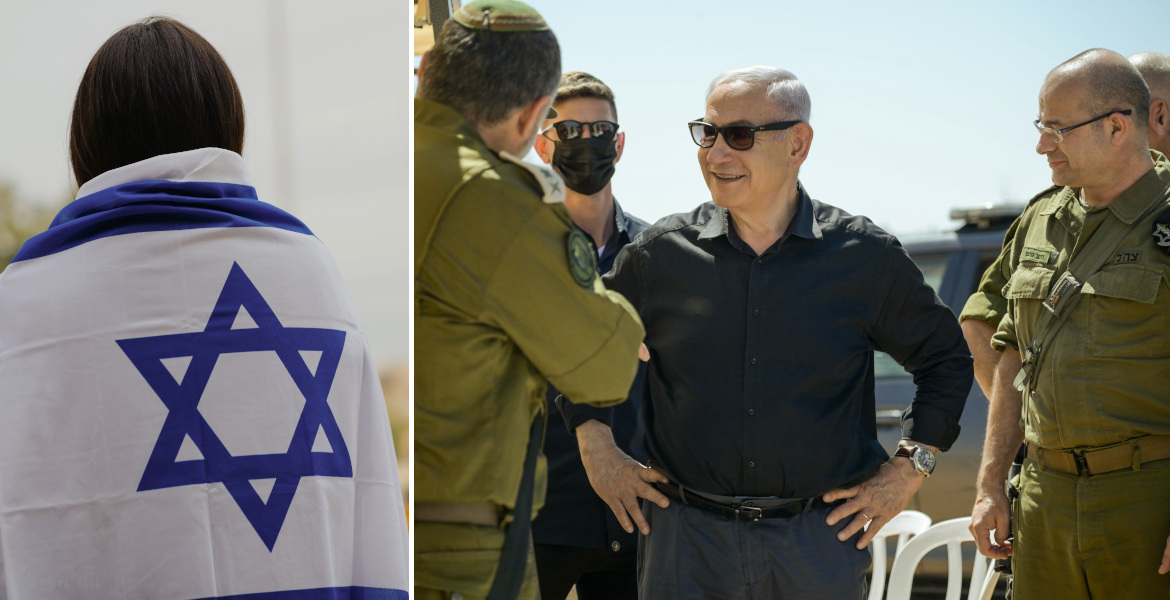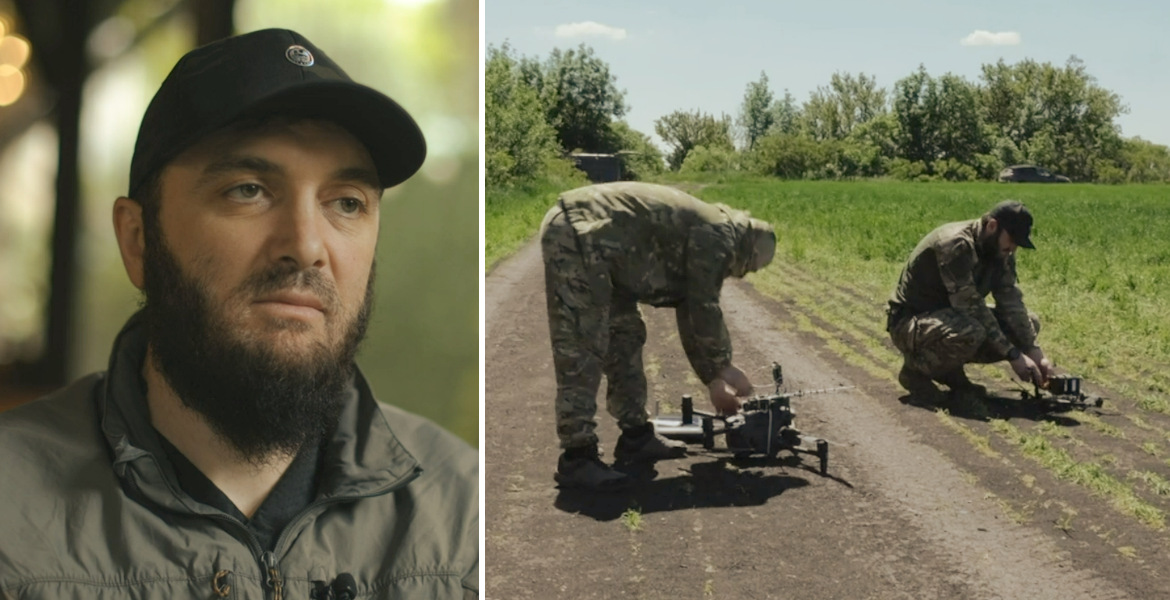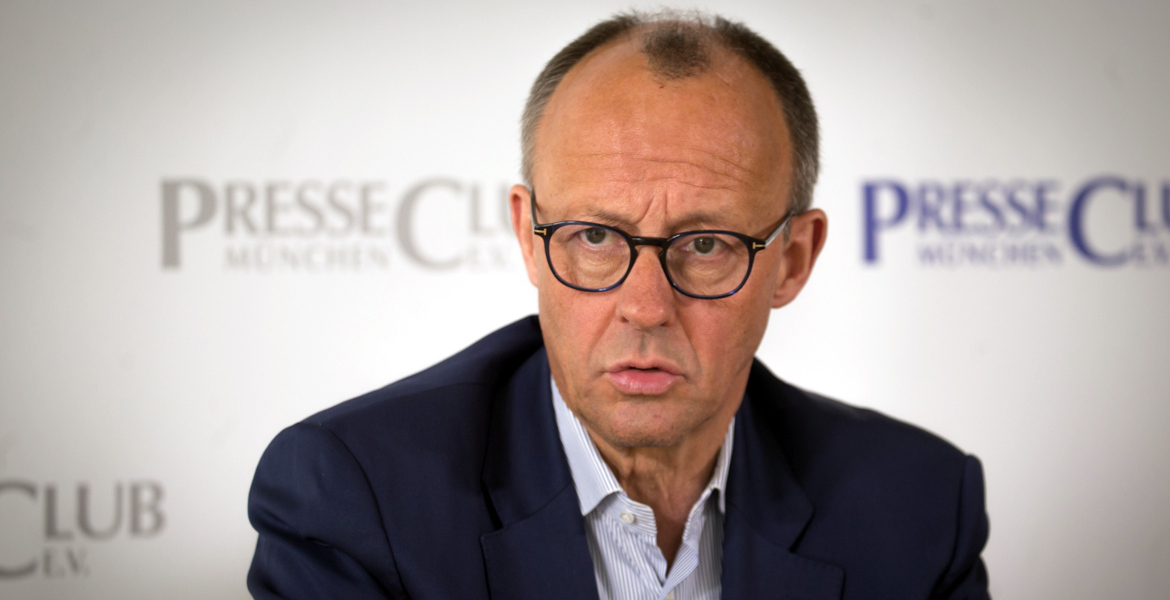While the genocide in Gaza continues, the Israeli government is running an extensive influence campaign on social media. Millions of Americans are exposed to political propaganda without knowing that the content is financed by a foreign warring state.
None of the involved influencers have registered as foreign agents – a likely violation of the United States’ primary law against covert foreign influence.
When Israeli Prime Minister Benjamin Netanyahu met with a group of pro-Israeli influencers last Friday, the message was clear:
— We have to fight back. How do we fight back? Our influencers. I think you should also talk to them if you have a chance, to that community, they are very important, he stated.
What Netanyahu didn’t mention was how lucrative it is to be one of “our influencers” – or that these influence campaigns are systematically hidden from the American public.
Documents reviewed and analyzed by Nick Cleveland-Stout at the Quincy Institute for Responsible Statecraft think tank show that a group of 14-18 influencers receive around $7,000 per post on platforms like TikTok and Instagram to shape American citizens’ opinions about Israel and the war in Gaza.
Secret propaganda campaign
The campaign, codenamed “Esther Project,” is coordinated by the company Bridges Partners on behalf of the Israeli Ministry of Foreign Affairs. Between June and November this year, Israel pumped a total of $900,000 into the project during the ongoing genocide in Gaza.
Invoices that the company sent to media conglomerate Havas Media Group Germany show that an estimated $553,000 has been paid directly to the influencers for the period June to September. With an expected production of 75-90 posts, this means between $6,143 and $7,372 per post that reaches thousands or millions of American followers.
But despite the influencers being contractually obligated to start publishing in July, none of them have registered as foreign agents. They have also not labeled their posts with information that the content is financed by the Israeli government. This is a likely violation of the United States’ Foreign Agents Registration Act (FARA) – the country’s primary law against covert foreign influence.
“If they do it knowingly, it’s punishable”
— If you’re being paid by a foreign government to influence the American public on that government’s behalf you should register under FARA, says Ben Freeman, director of the Democratizing Foreign Policy program at the Quincy Institute.
— If these influencers are knowingly accepting money from the Israeli government to produce content for the Israeli government that’s being viewed by thousands or millions of their followers in the US, it’s not at all clear why they would not be required to register.
According to the law, FARA violations must be done “knowingly” to lead to criminal penalties. In other words: if the influencers are aware that they are receiving Israeli state funds to influence American citizens, they are committing a crime.
A lawyer who specializes in FARA and who requested anonymity to discuss the sensitive issue is clear:
— Anyone who is distributing material propaganda and other informational materials aimed at the United States audience on behalf of a foreign government agency would need to be disclosed somewhere, including potentially by filing a short form registration.
Systematic concealment
In addition to not registering as foreign agents, the influencers are violating another basic requirement: they must clearly label their posts so that viewers understand that the content is financed by the Israeli government – either in the post itself or on their profile.
A search on X, TikTok and Instagram yields no results showing that any of the 14-18 influencers working for Bridges Partners have included such labeling. This is despite the labeling requirement being standard practice for all registered foreign agents on social media.
— It’s basically the foreign influence equivalent of the standard sponsorship flagged posts you see all over social media. It just lets social media users know that what they’re seeing is being paid for by the Israeli government, and then they can judge it accordingly.
The difference is crucial: when an influencer markets a commercial brand, there should always be clear labeling. But when the same influencer markets a foreign government’s political agenda in the middle of an ongoing war, there is no information at all showing how they are financed by a foreign power.
Wall of silence
The identity of the 14-18 influencers participating in the propaganda campaign has not been made public. Bridges Partners refuses to comment on the matter and Havas Media Group Germany, which oversees the entire campaign, has not responded to repeated requests from journalists about which influencers are participating or how much each one is paid. Uri Steinberg, who owns 50 percent of Bridges Partners, has also chosen not to respond to requests to comment on the influence campaign.
Currently, only Steinberg himself is registered as a foreign agent – despite it being the influencers who reach millions of Americans with the propaganda.
Bridges Partners, which is based in a townhouse on Capitol Hill in Washington D.C., has hired Nadav Shtrauchler – a former major from the IDF’s information unit. As legal counsel, the company has turned to the law firm Pillsbury Winthrop Shaw Pittman, the same firm that previously represented the notorious Israeli spyware company NSO Group.
The name “Esther Project” resembles the Heritage Foundation’s “Project Esther” – a campaign that systematically labels critics of Israel as part of a network supporting “terrorists”. However, the Heritage Foundation itself claims there is no formal connection between the projects.
“It’s not just friendly relations”
Several influencers have made trips to Israel in recent months, partly financed through contracts with the Israeli Ministry of Foreign Affairs. Israel365 Action organized a trip in August that cost $86,000 in state funds. After the visit, influencer Lance Johnston declared that he was now “fine with sending them weapons”.
Republican politicians have also reacted to the revelations.
“Any social media influencer, if they are getting paid by a foreign country, they have to register under FARA”, states US Congresswoman Marjorie Taylor Greene.
Former Congressman Matt Gaetz was even clearer:
“In this particular case, the foreign government is pursuing a specific agenda, it is not just friendly relations between our countries. There is a war going on in Gaza”.
Critical timing
Millions of Americans are thus exposed daily to political content without knowing that what they see is paid propaganda from a foreign warring state. The influencers who receive $7,000 per post consciously choose to hide from their followers who pays for the words they spread.
The campaign also comes at a critical time when young Americans are becoming increasingly critical of Israel, the genocide in Gaza and the unlimited American support for the country.
When public opinion turns against Israel, driven by images of Palestinian suffering on social media, a secret influence campaign on the same platforms becomes an important strategic weapon for shaping the narrative and portraying the destruction of Gaza as a noble and necessary defensive war.







